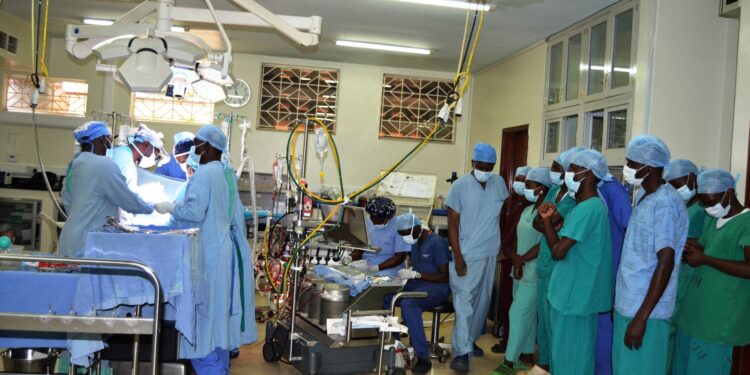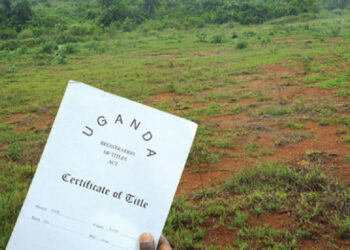The Government of Uganda is seeking to borrow USD70 million to construct and equip Uganda Heart Institute (UHI).
The Ministry of Finance, Planning and Economic Development is today Tuesday expected to table the proposal before Parliament.
In today’s order paper, the Minister of Finance will tell legislators how government is planning to borrow the USD70 million from three international lending facilities.
“Proposal to borrow up to USD20m from the Arab Bank for Economic Development in Africa (BADEA), USD30m from the Saudi Fund for Development(SFD), and USD20m from the Opec Fund for International Development (Opec Fund) for the construction and equipping of the Uganda Heart Institute Project,”the order paper reads.
Uganda Heart Institute is a specialized, public, tertiary care medical facility under the Ministry of Health. It is a component of Mulago National Referral Hospital, the largest hospital in Uganda, which serves as the teaching hospital of Makerere University College of Health Sciences.
In 1988, the Uganda Heart Foundation, in collaboration with the Ministry of Health, Makerere University and Mulago National Referral Hospital, started the Uganda Heart Institute, using space provided on Ward 1C, in the New Mulago Hospital Complex.
This resurrected plan to establish a specialized cardiac unit at Mulago, began in 1958, but was ‘killed’ in 1972, with the expulsion of the Ugandan Asians by former President Idi Amin.
Since 1988, the Institute has received valuable contribution from national and international donors including the Rotary Club. Media reports indicate that of the 1.5 million children born every year in Uganda, about 15,000 have heart defects at birth (congenital heart abnormalities). Of those, about 8,000 children require corrective surgeries.
Since 2015, the Government of Uganda has been having plans to put up a new 200 bed hospital to be named Uganda Institute of Cardiothoracic Diseases, to replace the current Uganda Heart Institute. The new hospital will have three operating theatres, cardiac catheterization laboratories, an Intensive Care Unit, and research facilities.
It is anticipated that the Institute will seek financial autonomy to raise funds, hire staff, pay salaries, and procure supplies, independent of Mulago Hospital, similar to the autonomy enjoyed by the Uganda Cancer Institute.
Do you have a story in your community or an opinion to share with us: Email us at editorial@watchdoguganda.com













